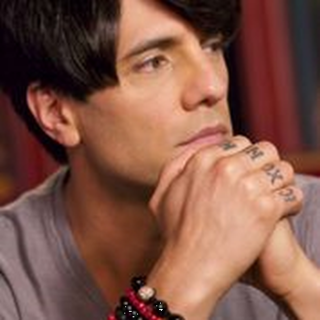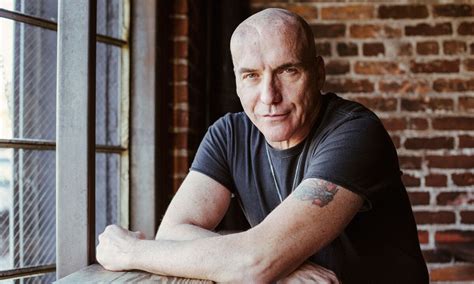A Quote by E. O. Wilson
Most people believe they know how they themselves think, how others think too, and even how institutions evolve. But they are wrong. Their understanding is based on folk psychology, the grasp of human nature by common sense ¾ defined (by Einstein) as everything learned to the age of 18 ¾ shot through with misconceptions, and only slightly advanced over ideas employed by the Greek philosophers
Quote Topics
Advanced
Age
Based
Believe
Common
Common Sense
Defined
Einstein
Employed
Even
Everything
Evolve
Folk
Grasp
Greek
Greek Philosopher
How
Human
Human Nature
Ideas
Institutions
Know
Know How
Learned
Misconceptions
Most
Nature
Only
Others
Over
People
Psychology
Sense
Shot
Slightly
Themselves
Think
Through
Too
Understanding
Wrong
Related Quotes
The deeper reality is that I’m not sure if what I do is real. I usually believe that I’m certain about how I feel, but that seems naive. How do we know how we feel?…There is almost certainly a constructed schism between (a) how I feel, and (b) how I think I feel. There’s probably a third level, too—how I want to think I feel.
One thing that you and I know is language. Another thing that you and I know is how objects behave in perceptual space. We have a whole mass of complex ways of understanding what is the nature of visual space. A proper part of psychology ought to be, and in recent years has been, an effort to try to discover the principles of how we organize visual space. I would say that the same is true of every domain of psychology, of human studies.
When you look at what [new generation] believe in, how they value diversity, how they believe in science, how they care about the environment, how they believe in, you know, everybody getting a fair shot, how they believe in not discriminating against people for sexual orientation and you know, their belief that we have to work with other countries to create a more peaceful world and to alleviate poverty, that's the majority an entire generation that's coming up behind us.
Publishing is the only industry I can think of where most of the employees spend most of their time stating with great self-assurance that they don't know how to do their jobs. "I don't know how to sell this," they explain, frowning, as though it's your fault. "I don't know how to package this. I don't know what the market is for this book. I don't know how we're going to draw attention to this." In most occupations, people try to hide their incompetence; only in publishing is it flaunted as though it were the chief qualification for the job.
The task of evolutionary psychology is not to weigh in on human nature, a task better left to others. It is to add the satisfying kind of insight that only science can provide: to connect what we know about human nature with the rest of our knowledge of how the world works, and to explain the largest number of facts with the smallest number of assumptions.
I'm not one who learned the Koran through recitation as a child, but one thing that always stands out is that there's no compulsion in religion. You can't tell people how to believe. It is an individual's relationship with their creator, and human beings should not be in the business of trying to tell others how they should live their lives.


































